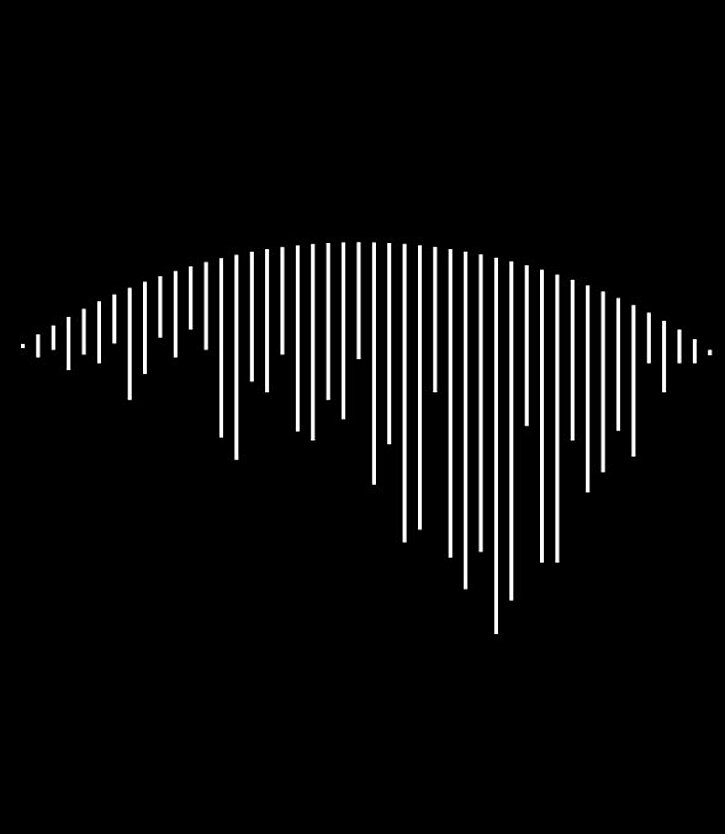
Mushiva is a Berlin-based Namibian multidisciplinary creative technologist whose work exists at the intersection of computer science and art. One third of the award-winning Hip Hop poetry group Black Vulcanite, Mark’s work incorporates novel technologies such as computer vision, sound synthesis, and robotics to enhance the performative aspects of artists. He has a PhD in Human Computer Interaction (Pro-social games) from the University of Trento, Italy and actively researches the potentially transformative effects interactive technologies have in marginalised and non-technical communities.
Our research wants to work on the interaction of robotic and human bodies in theatrical spaces. Manufaktor is a puppet theater collective that has been working with robotic bodies for years.
As puppeteers we know the simultaneity of actively influencing the play of the puppet/object and in turn passively observing it. We are interested in this balancing of perspectives and we want to transfer this to the robotic future of theater.
// a projective space of robot and human creative interactions
Translating the puppeteer’s arm into data.
The goal is to enable an artistic symbiosis between humans and robots. Away from the dystopian narratives that cultivate the human/machine divide. Away from the “uncanny valley” of humanoid robots towards a self-empowerment of robotic bodies.
We are interested in the emotive power enabled by new interactive technologies like computer vision and generative synthesis and how the allow us to feel an emotional effect as we explore spaces where they are implemented and what that will mean for the future of technology and public space
The installation “A projective space” builds on our performance ‘1/0/1 robots – hacking the binary code’. We want to develop our setup further. The stage set with the LED strips attached to it, which serves as a space for the 6 self-balancing robots with LED matrix, as well as, 2 live cameras and projector. The goal is a experimental, playful and exploratory ways in which people might try to appropriate the installation, the emergent complexity between control and speculation and ultimately the balance that is negotiated between human agency and the ungovernable natural world of which machines are now a part of.